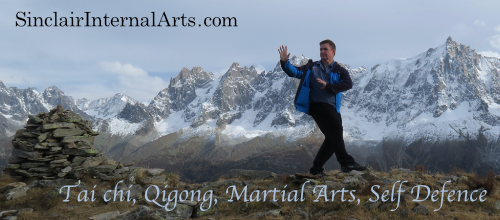Upcoming WORKSHOPS, 2025-2026
Orillia, Canada
TBA
Vancouver
October 2025 TBA
Toronto
TBA
UK
TBA
Lyon, France
TBA
Monestiés, France
June 27-July 1, 2026
Belgium
TBA 2026
Other workshops TBA
EDT (Toronto) UTC-4
Orillia, Canada
TBA
Vancouver
October 2025 TBA
Toronto
TBA
UK
TBA
Lyon, France
TBA
Monestiés, France
June 27-July 1, 2026
Belgium
TBA 2026
Other workshops TBA
There is a common human disfunction, a pathological which causes us to feel that we can gain power by taking it from others. Security is a negotiation, even within the techniques, strategies and methodology of combat. We fail when we fight against force, move against speed, or throw away our own balance for fear of . . . read more
“Chi” or “qi” (both are pronounced “chee”), unless you are speaking Japanese, in which case it is “ki”. The so called “intrinsic energy” might be better though of as the sum total of all the momentum in a body, or system of bodies.
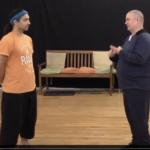
If the teacher doesn’t like questions, then you might be in a cult. Questions are important, and should never be dismissed outright. If the teacher treats all questions with respect, then over time, the more questions a student asks, the more the teacher and student will learn. They will learn which questions are important, and . . . read more
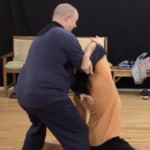
Techniques do not work. But practising techniques gives you the context within which to study the principles and the method. Eventually, you embody the principles and apply the method in ways that manifest as techniques.
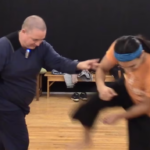
This is a statement that can get you into trouble if you misunderstand it or use it to infer some superiority of so-called internal styles like tai chi (taijiquan). There are a few different ways to define “internal power.” But some of its characteristics include an emphasis on class one levers and class two levers, . . . read more
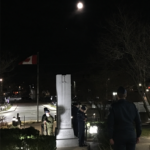
Martial arts training is a microcosm of international socio-economics. The lessons we learn in class can be applied to peacemaking on a global scale.. When I hear discussions about the swing toward extremism and authoritarianism, it makes me think about beginners in martial art classes. Some students come to the art because of fear, and . . . read more
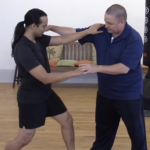
It is impossible to find a teaching method that works the same way for everyone. Traditional standard teaching methods, like those found in many martial art schools, are designed for large groups. Many are geared toward retention more than education. If you have a constant supply of new students, eventually you might find some that . . . read more
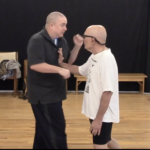
Attachment to technique is typically self-defeating. One should be constantly mindful of tactics, strategy, method, and internal principles. If all is done well, the opponent’s resistance can be rendered irrelevant.
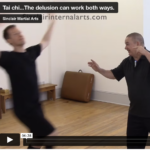
This is about the two errors that can result from martial art training. 1. If you base your training too much on sparring, or on training techniques against a non-compliant opponent, they you will tend to associate the success of a technique with the effort you apply. You might fail to recognize the subtle biomechanics . . . read more
Tension in the arms forms class three levers that reduce the mechanical efficiency, increase your total shear modulus, and interfere with the centripetal geodesic. Proper relaxation means that the opponent cannot push you in any direction that does not follow the centripetal geodesic into the earth. When you do it properly, the opponent either bounces . . . read more
